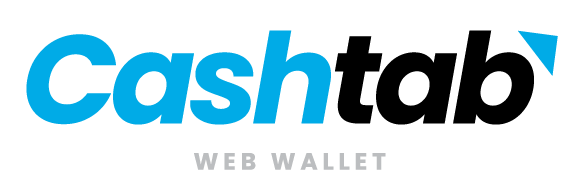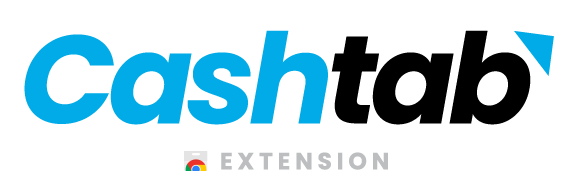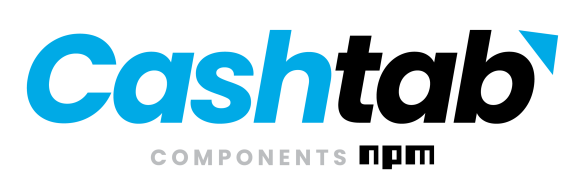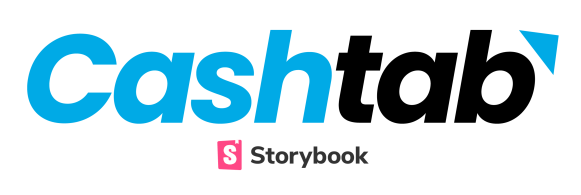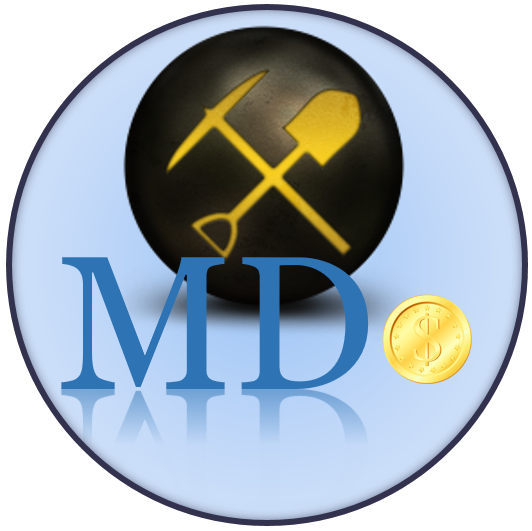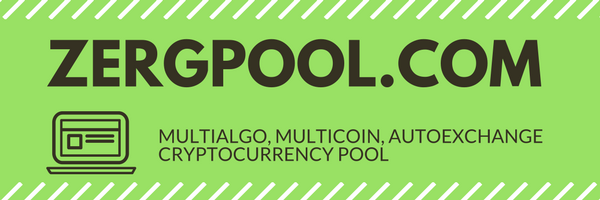eCash: Wealth Redefined
You're invited to the next era of sound money for the world.
Derived from one of the most trusted names in cryptocurrency, what was once known as BCHA is now eCash.
For information on the rebrand from BCHA to eCash, please visit our BCHA page.
The eCash Mission
eCash is the natural continuation of the Bitcoin Cash project. Realizing the vision of the legendary Milton Friedman, eCash follows through on key promises such as the innovative Avalanche consensus layer while also introducing concepts never before seen in a Bitcoin project such as staking, fork-free network upgrades, and subchains.
Look for the ticker symbol XEC on exchanges, wallets, or price charts, and take your first step towards true financial freedom.
Frequently Asked Questions
Question: What is the eCash supply?
Answer: The supply of eCash is limited to 21 Trillion XEC. This means that measured in satoshis, the eCash supply is the same as BTC supply: 2.1 quadrillion satoshi. The different headline number simply reflects the 1,000,000:1 redenomination of the eCash base unit. The equivalence of the BTC and XEC supply can seen visually by writing their supply limits like this:
XEC: 21,000,000,000,000.00
BTC: 21,000,000.000,000,00
eCash also follows that same halving schedule as Bitcoin, with reward halvings occurring every 210,000 blocks.
More information on eCash supply is available at ecash.supply.
Question: Will XEC be burned to decrease supply?
Answer: No. eCash is unburnable.
The issuance of eCash is not controlled by Bitcoin ABC, or any single person or group. It is mined into existence starting with the Bitcoin Genesis block in 2009. This means that, even if the team wanted to, it would be impossible to "burn" the supply. This is a feature, not a bug.
eCash is different from other new tokens where the founding teams often hold a large proportion of the total supply. In those other coins, the large amount of coins that the team holds is still waiting to be released into the market, causing future inflation. XEC, on the other hand, is already over 90% issued, and the dev team holds only a small amount relative to total supply. This means that new supply of XEC into the market will continue to be very limited.
Question: What is the contract address?
Answer: XEC is not an ERC-20 token, it is its own blockchain similar to Bitcoin (BTC).
There is a "Wrapped XEC" token available on the Binance Smart Chain, with contract address 0x0Ef2e7602adD1733Bfdb17aC3094d0421B502cA3. Users should recognize that holding this BEP-20 token, or similar "wrapped XEC" products, has custodial risk as you have to trust that the custodian (in this case Binance) will hold the full reserves of native XEC safely. For this reason, we recommend that users hold their coins as real native XEC, in a wallet where they control the keys.
To hold native XEC yourself, you can use a supporting wallet. Write down the "seed phrase" for your wallet and store that in a safe place. This is usually 12 words. The 12 words contain enough information to restore the private keys of the wallet in case you need to recover them in the future.
Developer infrastructure for eCash
How do I split BCH to get my eCash?
Before sending eCash or BCH from your wallet, it is important to split your pre-fork coins so that your transactions are not replayed (for example also sending BCH when you only meant to send eCash to someone). There a several ways this can be done.
A good way to split BCH and eCash from each other is to use Electrum ABC and Electron Cash, as described here.
Another method is to use an exchange such as Coinex which will split the coins for you, as this tutorial explains. But remember that the splitting process may not always go as planned so it is wise to test with smaller amounts first, or use a method where you only send coins to yourself (as with the Electrum ABC - Electron Cash method above).
Warning: There are scammers and thieves who create fake coin splitting tools and services to steal people's coins. Never send your coins, or enter your private key or recovery words into any site or software unless you are certain that it can be trusted. The scammers create fake social media profiles and Youtube channels, so always double check sources and be careful following any links. Always be very cautious, and ask for help if you are unsure.
For more information see e.cash.
For direct support, please contact us at: [email protected].


